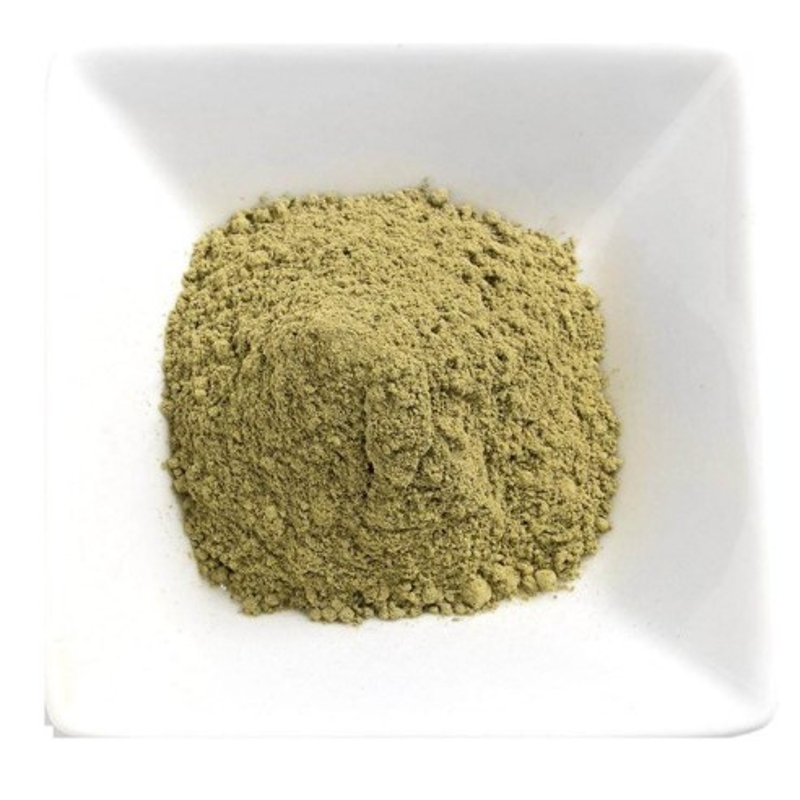-
Categories
-
Pharmaceutical Intermediates
-
Active Pharmaceutical Ingredients
-
Food Additives
- Industrial Coatings
- Agrochemicals
- Dyes and Pigments
- Surfactant
- Flavors and Fragrances
- Chemical Reagents
- Catalyst and Auxiliary
- Natural Products
- Inorganic Chemistry
-
Organic Chemistry
-
Biochemical Engineering
- Analytical Chemistry
-
Cosmetic Ingredient
- Water Treatment Chemical
-
Pharmaceutical Intermediates
Promotion
ECHEMI Mall
Wholesale
Weekly Price
Exhibition
News
-
Trade Service
2-(Thiocyanomethylthio)benzothiazole is an organic compound with the chemical formula C8H6S2N2.
It is also known as thiocarbamide or thiocarbamide benzothiazole.
This compound is widely used in various industrial applications due to its unique chemical properties.
One of the primary applications of 2-(thiocyanomethylthio)benzothiazole is as a catalyst in the production of polyester resins.
Polyester resins are widely used in the manufacture of plastic products, fibers, and films.
The use of thiocarbamide benzothiazole as a catalyst helps to improve the efficiency and speed of the polyester resin production process.
The compound is also used as an intermediate in the production of fungicides and insecticides.
It is used in the synthesis of various chemical agents that are used to control pests and diseases in agricultural crops.
The use of 2-(thiocyanomethylthio)benzothiazole in the production of these chemical agents helps to increase their effectiveness and longevity.
Another application of thiocarbamide benzothiazole is in the production of dyes and pigments.
The compound is used as an intermediate in the synthesis of a variety of dyes and pigments that are used in various industrial applications.
The use of thiocarbamide benzothiazole in the production of these dyes and pigments helps to improve their colorfastness and lightfastness.
In addition to these applications, 2-(thiocyanomethylthio)benzothiazole is also used in the production of plastics, explosives, and pharmaceuticals.
The compound is used as a catalyst or intermediate in the production of these products, helping to improve their quality and efficiency.
Despite its wide range of applications, 2-(thiocyanomethylthio)benzothiazole is also subject to certain limitations and drawbacks.
For example, the compound is known to be somewhat toxic and can cause skin irritation and other health problems if proper safety precautions are not taken.
In addition, the compound can be expensive to produce and may require careful handling and storage to maintain its quality.
Overall, however, the applications of 2-(thiocyanomethylthio)benzothiazole in the chemical industry are numerous and varied.
The compound is widely used in the production of polyester resins, fungicides, insecticides, dyes and pigments, plastics, explosives, and pharmaceuticals.
While there are some limitations to its use, thiocarbamide benzothiazole remains an important chemical in various industrial applications.
As new research and developments continue to occur, it is likely that the uses of this compound will continue to expand and evolve in the years to come.







